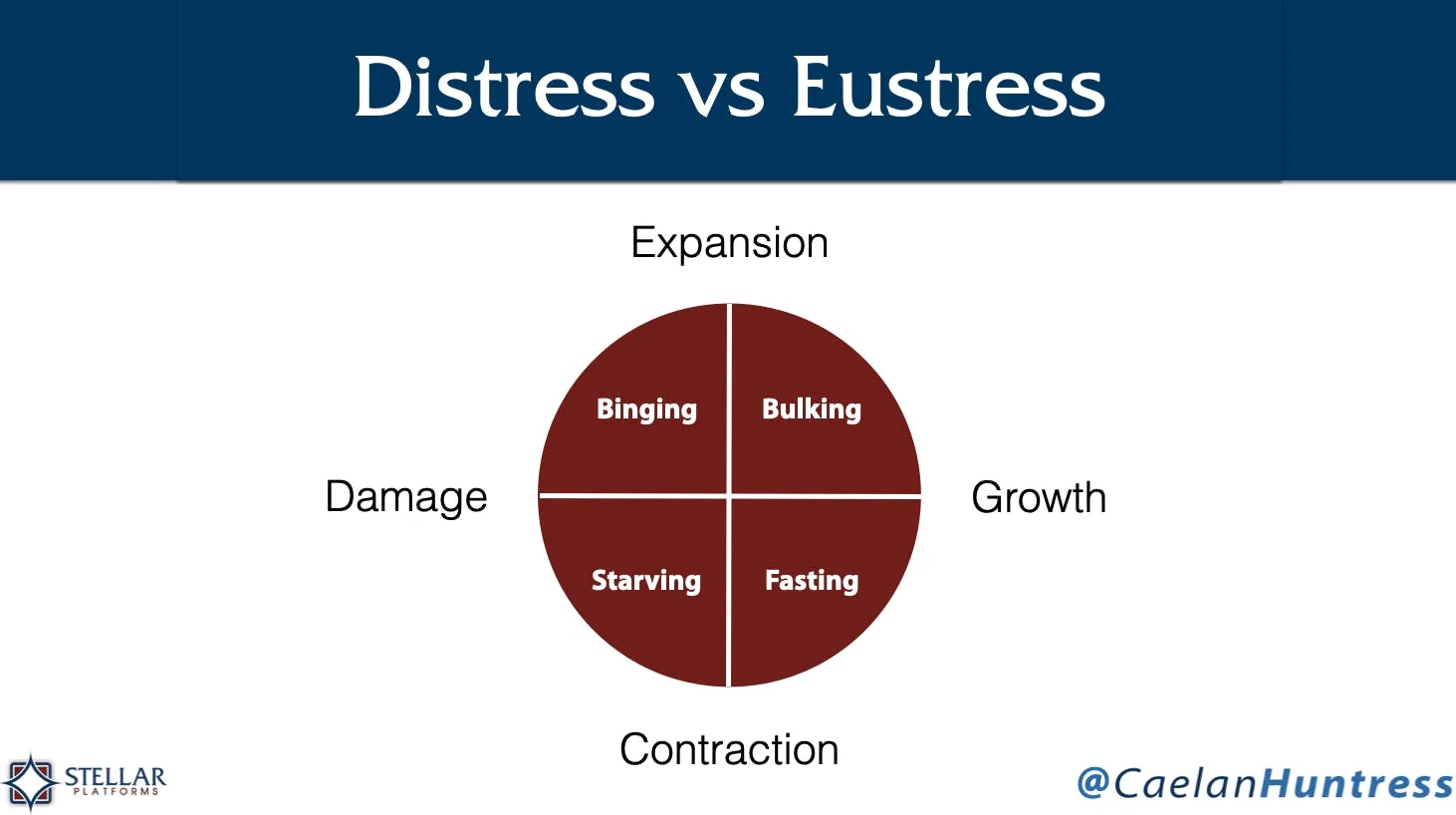Many people think stress is always bad. The real question is: does the stress damage you, or force you to grow?
I get stressed every day. The cold plunge is part of my morning routine.
Almost every morning, I immerse myself in freezing cold water for six minutes. The health benefits include: decreased inflammation, release of dopamine, increased metabolism, lower anxiety, shocking away depression, and activation of the parasympathetic nervous system. As far back as Hippocrates, cold therapy has been used to heal and rejuvenate the body.
If you want to know what happens to your body when you get into a cold plunge, watch this video (7:45):
A 2022 randomized control study published in the Biological Research for Nursing found significant pain reduction in people with gout arthritis, an inflammatory condition, when they used ice baths regularly.
Cold plunges triggers a shock response, which activates hyperventilation and puts your body into a fight-or-flight mode. This affects every cell in your body, increasing your dopamine, serotonin, and oxytocin levels.
You don’t get those kinds of instant benefits without stress.
The right kinds of stress can grow you to be better.
Distress has a negative effect on your experience. When you are in a state of distress, you don’t think clearly, you make poor decisions, and you deteriorate faster, emotionally, physically, and mentally.
But a small amount of stress can be positive. Eustress (well+stress) is an experience that makes you stronger, leaner, and sharper.
In the scientific literature, this phenomenon is called ‘hormesis.’ From the Greek word for ‘excite,’ it was coined in 1943, when Chester Southam and John Ehrlich studied the metabolism of different species of fungi.
When they applied extracts from the Red Cedar Tree, it inhibited the fungi’s metabolism; but if it was applied in low concentration, it actually accelerated metabolism. They determined that low amounts of stress produced a beneficial effect, because it ‘excited’ the organism.
Their findings were corroborated by Luckey in 1991, who found that people exposed to low doses of radiation in the 1950s had a lower risk of cancer. Two years later, Kondo measured unusually longer life spans in Japanese citizens who had survived the blast of an atomic bomb.
Some stress, it seems, is good for you.

Good stress grows, bad stress damages.
When everything is easy, you get lazy. When things are hard, you have to be better. Good stress makes you better, because you can’t be lazy, and you have to grow out of it.
Stress is what doctors diagnose you with, when they can’t find the real cause of your illness. But the truth is, stress can be great in small amounts.
If you are stretching in a yoga class, you can increase your flexibility, improve your circulation, and calm your mental state. This kind of stress leads to growth. But stress that leads to damage – like being stretched, on the rack – is just an excessive amount of what makes you well.
Experience Points are the Rewards of Stress
Would you have grown into the person you are, without the stressful challenges you faced along the way?
“Sometimes it’s in challenge that we find our creativity. It’s in challenge that we find our flow. The challenge should be honored and celebrated.” – Brendon Burchard
Friction keeps you sharp.
Think of the whetstone, patiently applying friction to the edge of a blade, to make it sharper and better at cutting. A lazy knife, never encountering any kind of stress, will not cut very well. It’s too dull.
Creating circumstances of challenge will force you to improve. What is the activity of eustress that could help you to grow?
A stress-free life is boring. Exciting activity is how we improve.





Leave A Comment